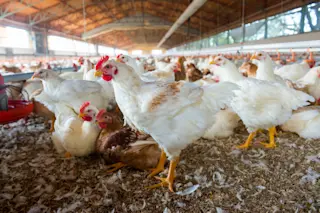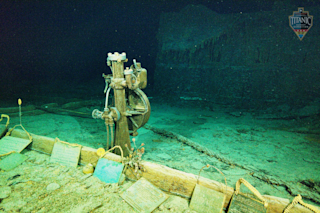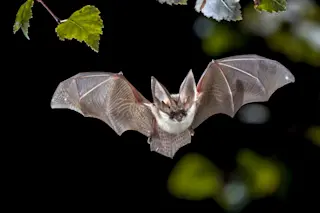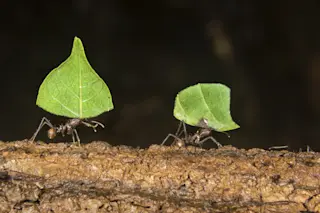In the Amazon rainforest of Venezuela, Yanomami hunter-gatherers subsist on cassava, palm hearts and wild banana. They also hunt frogs, monkeys and tapirs, using techniques that probably would have been familiar to their ancestors 11,000 years ago. The extraordinary continuity of their culture, and the fact that some of the groups have had scant contact with outsiders, led biologists to wonder whether the Yanomami might reveal what the human digestive system looked like before industrialization supplied the world with processed foods and antibiotics.
In 2009, researchers had a chance to find out in a previously unknown Yanomami village. Health workers collected fecal and skin samples from about 30 villagers. When researchers cultured and analyzed microbes in the feces, the scientists discovered whole categories of bacteria that were absent from the guts of people from industrialized countries. Even more striking, they found the microbial population in the average Westerner to be ...















